More than any other fundamental aspect of photography, light is at the heart of every image you take. Without light, photography cannot exist; it is the foundation of every image, giving shape and meaning to each scene in your viewfinder. Personally, as a landscape photographer, my photographic decisions are shaped more than anything else by the lighting conditions that I encounter. From a soft mist to a dramatic sunset, whether at a mountain or a desert valley, my preferred approach to photography is simple: chase the light.
If you are searching for light, you don’t necessarily need to move long distances. Sometimes, you just have to move through time. You can stand in one spot and “chase” a sunset, or you could drive several miles to photograph a breaking storm. Both are equally valid ways to create an image.
At its simplest, then, the goal is to keep in mind what matters in a photograph. So many elements combine to form a successful image – your composition, subject matter, and camera settings – but light is different. Without it, you wouldn’t have a photograph in the first place.
Landscape photographers are known for taking pictures during sunset and sunrise, but the best lighting does not happen then; it doesn’t happen at any time of day at all.
Instead, the best possible lighting conditions depend upon the specific scene you are photographing, as well as the message you hope to convey. The light in a photograph should complement your subject; if you want to convey a dark sense of calm, the best lighting may fall just before a storm breaks. Or, for a harsh and dramatic photograph, even mid-day sunlight can be ideal.
No matter your intended message, the underlying constant is the importance of light.
For an example, look at the image below. In this photograph, taken at Death Valley, I wanted to convey the barrenness of the dusty, desolate landscape. At the same time, Death Valley is undeniably beautiful; it was important to show the gentle nature of this scene as well. When the afternoon sun passed halfway behind a thin cloud, I knew the light was right.
It isn’t hard to tell that I took this photograph outside of the typical window of sunrise or sunset. In fact, sunset was more than three hours after I took this photo. And yet, the afternoon light mirrored my intended message for the photograph.
If I had taken this at sunset, the photograph wouldn’t convey a sense of desolate beauty; it would be dramatic and full of vivid colors. Although the golden hours are the most sought-after period of time for photography, there are other ways to take a good landscape photo. Light should complement your subject; it shouldn’t conflict with it.
That said, sunset and sunrise are incredible times to take pictures. The rapidly-changing colors – from blue to orange, then back to blue – are beautiful, and the low angle of the sun presents particularly interesting possibilities for photography. Some of the best photographs I have taken, along with many of my favorite memories, are all from sunset.
I remember, in particular, the most beautiful sunset I ever saw. I was in Iceland in late June, taking pictures during the week of the summer solstice. Rainclouds darkened the sky throughout the afternoon, and a light drizzle fell on and off. At the end of the day, the wind began to pick up. A massive storm cell drifted overhead, and the sun dipped slowly below the horizon. For the next three hours, the sky was black and purple; the surrounding landscape was almost otherworldly.
I have focused on landscapes for most of my photographic life, and I have learned one thing above any other: good light makes for good images. If the lighting conditions complement and strengthen your subject, an incredible photograph is just waiting to be taken.
There is a reason why sunsets and sunrises have such a wonderful reputation in landscape photography. If the atmospheric conditions are right, you can see every color from bright pink to dark purple, and the low angle of the sun opens up opportunities that do not exist at other times of day.
Sometimes, these colors can appear out of nowhere. Once, before dawn, I was taking macro photographs along a beach in Florida. It was a dreary morning – one that, according to my experience, would result in a boring, gray sunrise.
Then, the sky lit up. I switched to my wide-angle lens, and I ran to the edge of the ocean to capture the incredible show of light. Everything was a gentle, saturated pink; the waves and sky reflected a hue that I had never seen, before or since, in a sunrise. The pink sky lasted for no more than a minute, but its captivating beauty is unforgettable.
Although I have emphasized landscapes so far, that is by no means the only genre of photography where you can chase the light. No matter your subject, light is what makes a scene worth photographing. From architecture to portraiture, there is no element of a photograph that is more important than light.
It is for this reason that I love photographing the interiors of old buildings, such as the dramatic cathedrals of Europe. Designed long before electricity was discovered, these buildings relied entirely upon natural light to instill a sense of awe in those who visit. And they succeed at their goal; few subjects make for more compelling photographs.
On top of all that are the memories. When you chase light, you inherently walk a path of adventure and excitement. Whether you hike through a rainforest or a climb the tallest sand dune in sight, photographs are not the only thing you will take home.
For me, one of the greatest feelings in the world is to watch the sunset after an exhausting day; few experiences are more fulfilling and enjoyable. I always take pictures, of course, but the real excitement lies in having fun and exploring as many places as possible. For a landscape photographer who truly loves what I do, there is nothing more thrilling than seeing the planet at its most beautiful.
So, here’s to chasing the light.
The post Chasing the Light appeared first on Photography Life.
from Photography Life https://photographylife.com/chasing-the-light
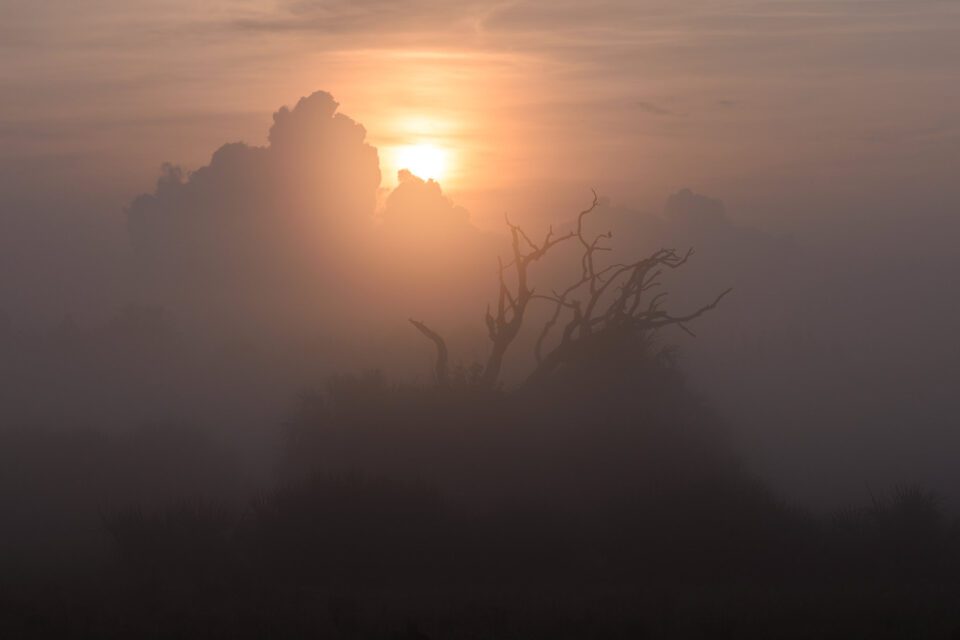
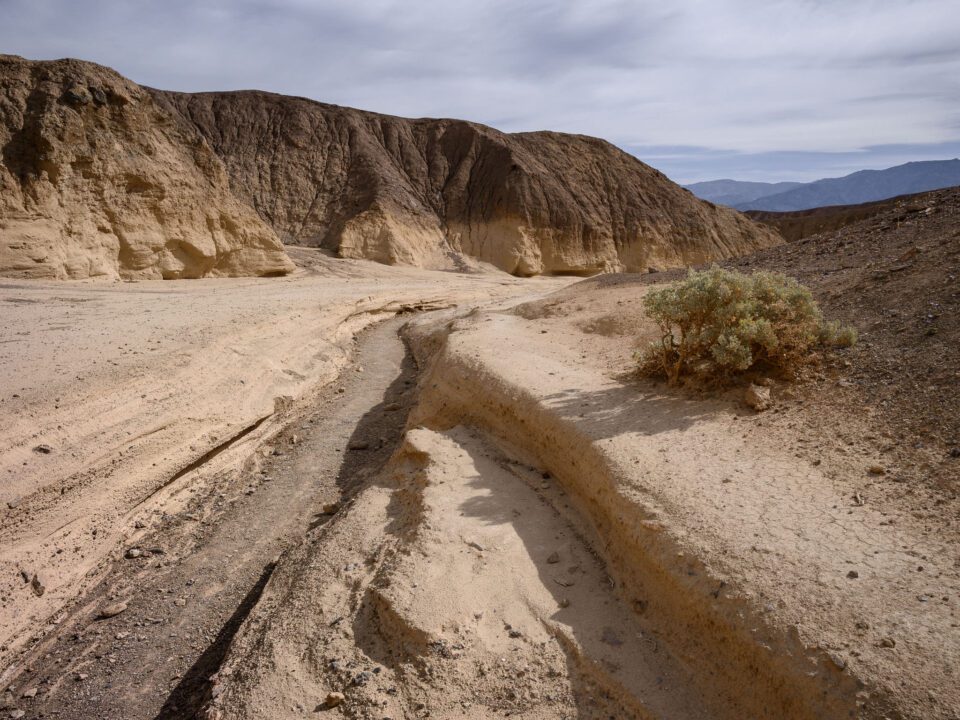
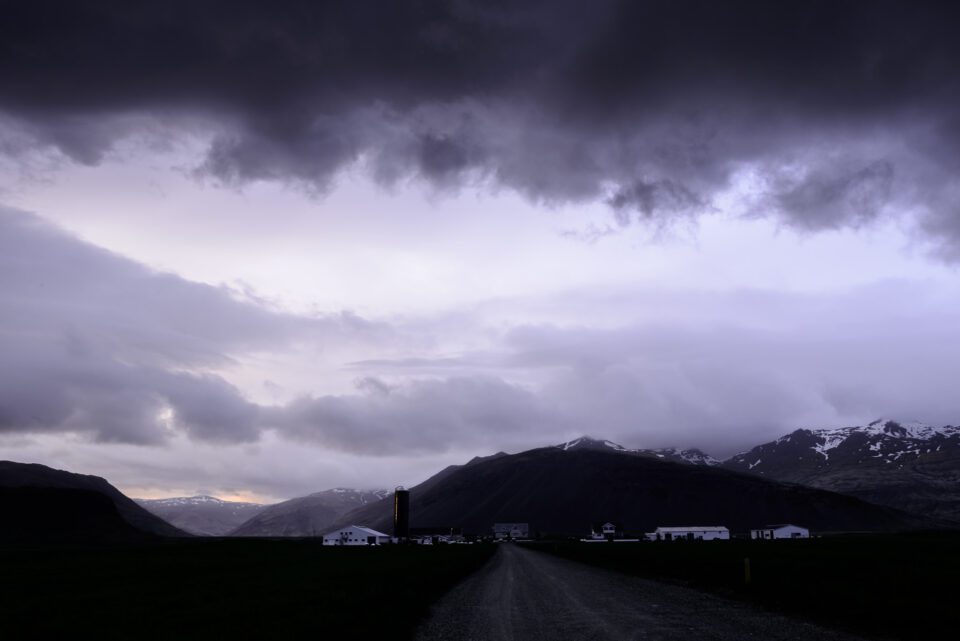
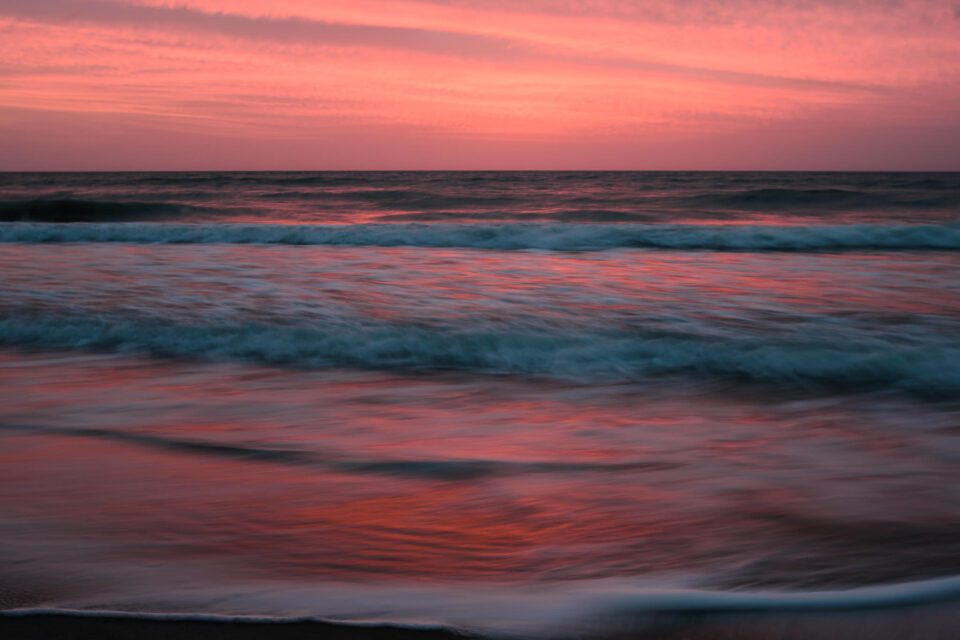
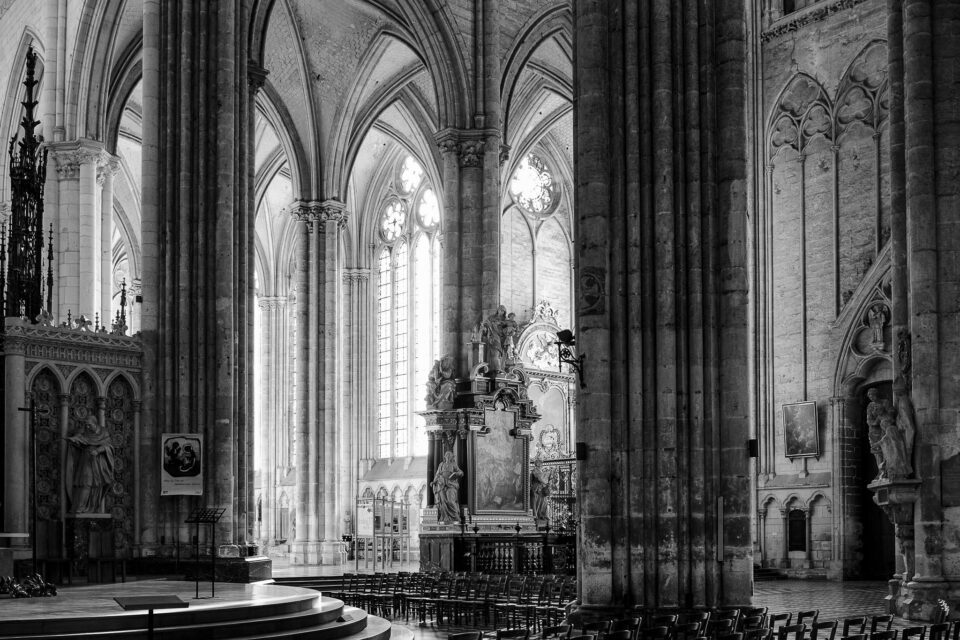
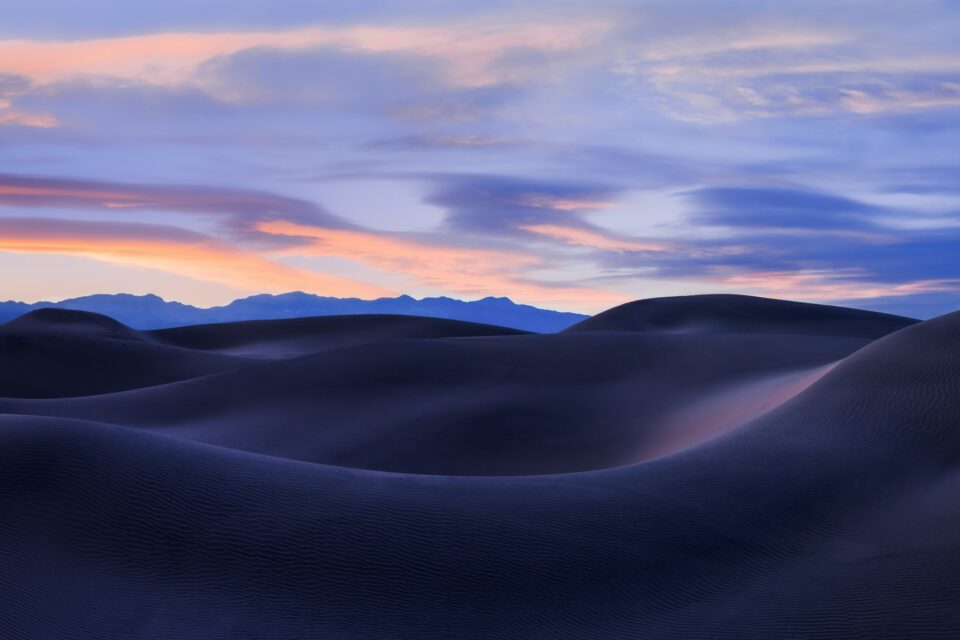
No comments:
Post a Comment